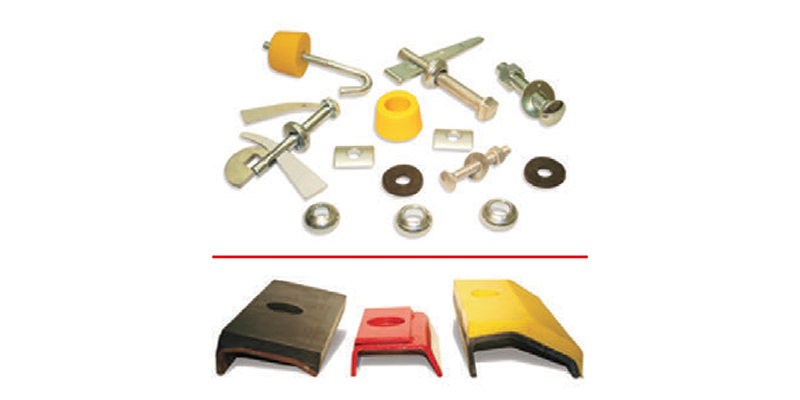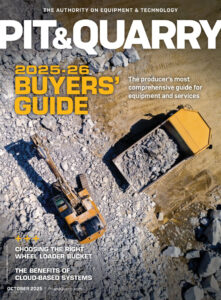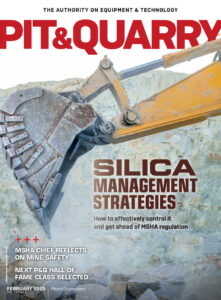Mistake No. 4: Ineffectual booth conversations

To avoid wasting time when you enter an exhibition booth, control the conversation. To do so, you should know what you need to discuss in advance, and then steer the conversation immediately in that direction.
“Avoid open-ended questions such as ‘what’s new?’ that invite the exhibitor to ramble on, wasting your time,” says Peter LoCascio, a consultant based in Salem, Oregon.
“Try an opener like this: ‘My name is Jane Walter from the XYZ Company. I am making a business decision to buy a [product]. Why should I consider your model over the one from your competitor?’”
Another approach is to ask: “Who’s your best expert on XYZ subject?” Or: “We’ve had problems with your customer service. Who here has the authority to fix that for me?”
Not every booth staffer is at the same level of product expertise. If there is no one available to answer your question, get the name and contact information for someone who can.
Sometimes, that will require making a phone call after the show is over. That can be a prudent step in any case.
“Exhibitors often fail to follow up trade show leads in a timely fashion,” LoCascio says. “Obtaining the name and number of a person in your territory can help you perform your own follow-up to learn more about a product or service.”
Bonus tip: Ask yourself: “What is the biggest problem I have in my business?” Then, ask exhibitors for solutions.
Mistake No. 5: Unstructured notetaking
Trade shows tend to create a state of information overload.
“You are going to forget a lot of what you see,” says Chance Castellucio, executive vice president of sales at PromoLeaf, a promotional products company. “There are so many presentations that things can get jumbled in your memory.”
According to Castellucio, one solution is to take pictures that capture the essential information in each booth – including the company name and the relevant product or service.
“These images will prove helpful later when you return home,” Castellucio says.
Also, it’s wise to take careful notes regarding follow-ups. Whom did you talk to? What did they promise to do or send? Later, you can monitor whether you received what was promised or whether a phone call is appropriate.
Bonus tip: Record important booth conversations on your smartphone or portable device, then have the recording transcribed back home.
Mistake No. 6: Unproductive networking
Networking is vital to success. Unfortunately, many people fail to understand that it is a skill like any other.
Trade show experts advise taking the time to practice in advance until you know exactly what you will do in a variety of common situations. Castellucio suggests rehearsing your approach in three areas: How you first address an individual, what you say during the ensuing conversation, and how you disengage gracefully to move down the aisle.
Nailing this routine will give you the self-confidence to approach others quickly, easily and productively.
Bonus tip: Set specific follow-up times with vendors and colleagues who are especially important to your business. Let them know you will call them at a certain time.












